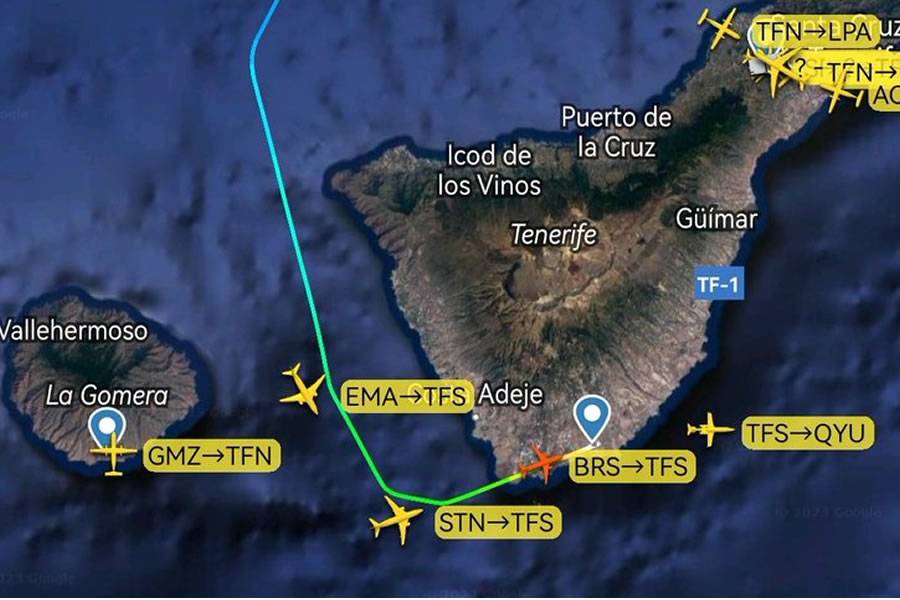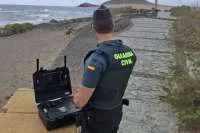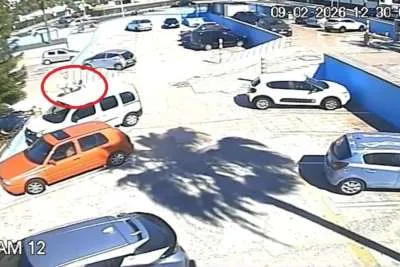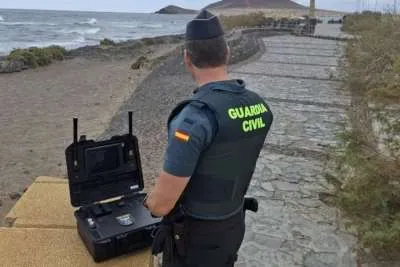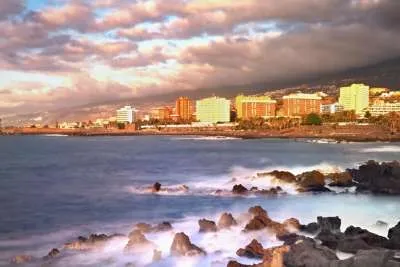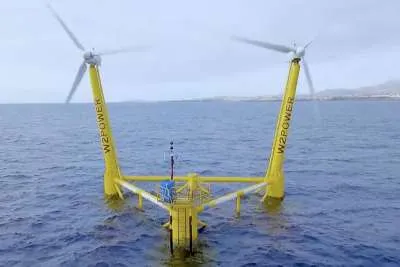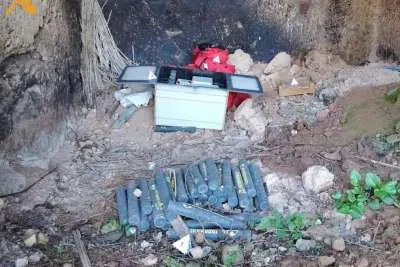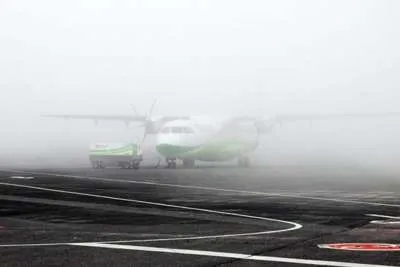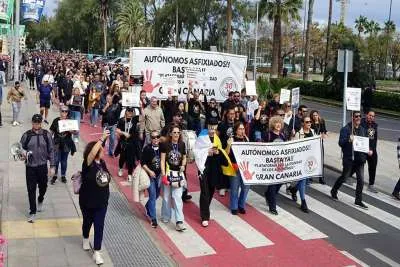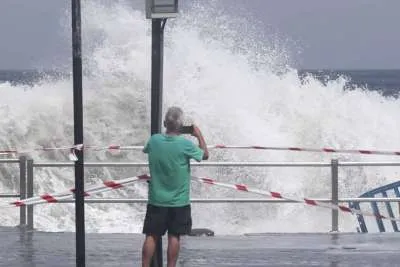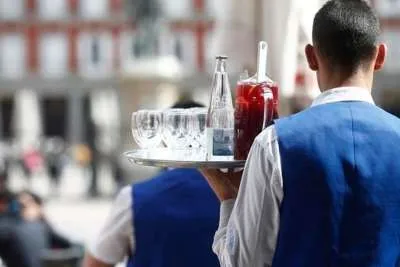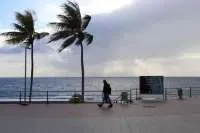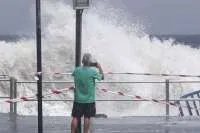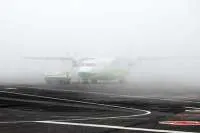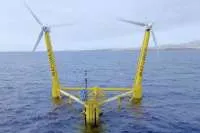Priority landing for easyJet flight in Tenerife due to a disruptive passenger
- 07-07-2023
- Tenerife
- Canarian Weekly
- Photo Credit: Flight Radar 24
An easyJet flight from Bristol had to request priority landing at Tenerife South airport this morning (Friday), after the crew requested police presence because of a disruptive passenger on board the plane.
Air traffic controllers cleared the path for flight EZY64LD to land as quickly as possible because the passenger was being rude and abusive to the crew and other passengers.
As soon as it landed the National Police boarded the Airbus A321 and escorted the person responsible from the plane and took them away for questioning and to wait for a return flight back to the UK without entering Tenerife.
After air traffic controllers posted details about the incident on Twitter, many people are asking why the British authorities continue to allow troublesome passengers to board planes to fly to holiday destinations when already under the influence of alcohol
It seems that the airlines, the destinations, nor the other passengers want people who behave like this to travel with them, so what can be done to stop it?
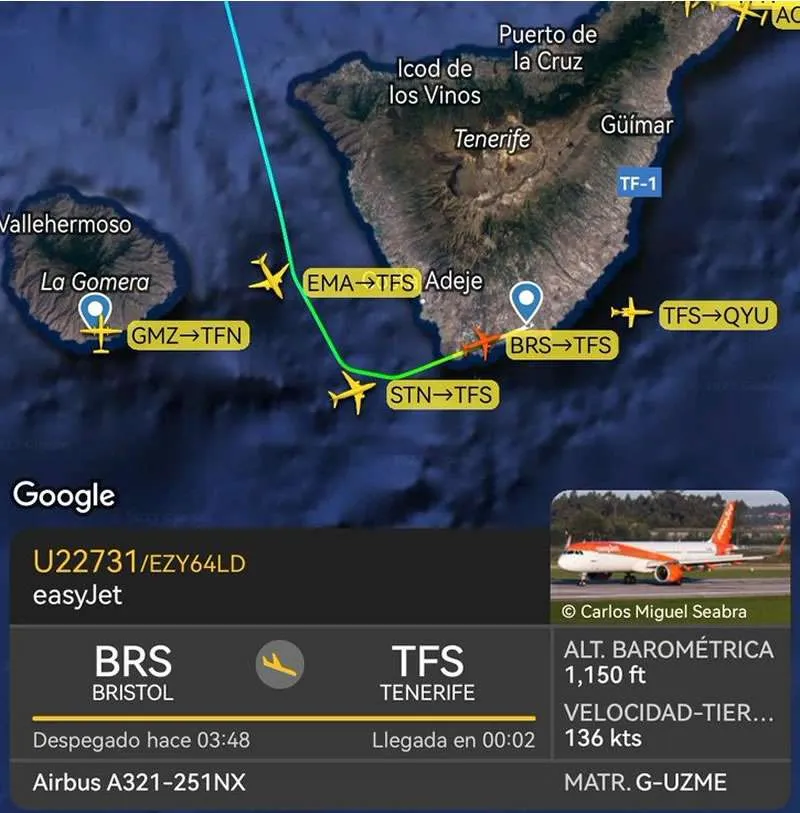
CABIN CREW PROTOCOL IN THESE SITUATIONS:
When dealing with a disruptive passenger the objective of cabin crew is to de-escalate the situation as their main task is to guarantee the safety of passengers during the flight.
The first measure they take is to communicate with the passenger who, in most cases, will be under the influence of alcohol. However, this is something that they do from the moment of boarding, when they notice if a passenger shows an inappropriate attitude.
If the situation does not calm down, the next step is to bring the facts to the attention of the pilot, so communication and coordination in these cases are essential between all parties involved.
When the pilot is informed that the situation is getting serious, it means that the level of risk to others has increased. In the worst-case scenario, particularly on flights from the UK that last four hours or more, the pilot determines that it is necessary to divert the plane to another airport, which is usually in a country that has ratified the Tokyo Convention.
This means that the place they land, e.g. Faro or Madeira in recent cases, cannot refuse to accept the disruptive passenger and will communicate with the authorities of his country to guarantee their return and justice if the airline decides to press charges.
Other articles that may interest you...
Trending
Most Read Articles
Featured Videos
TributoFest: Michael Buble promo 14.02.2026
- 30-01-2026
TEAs 2025 Highlights
- 17-11-2025


